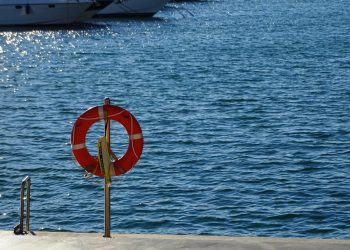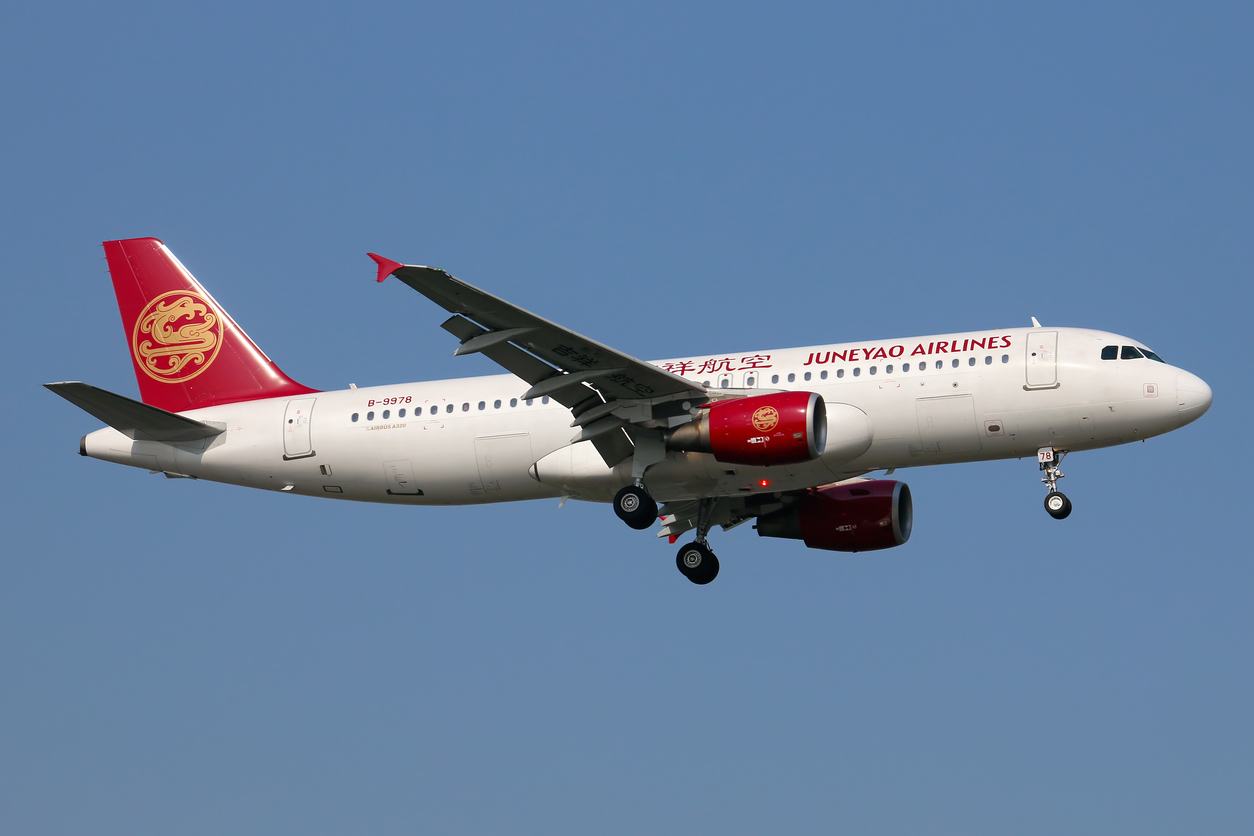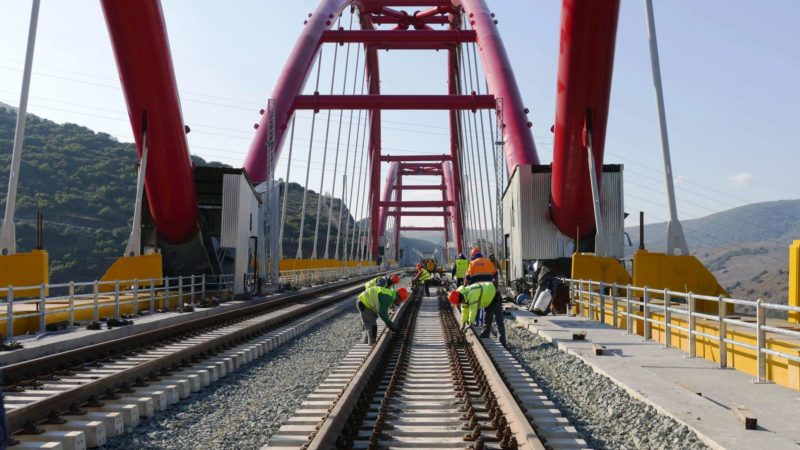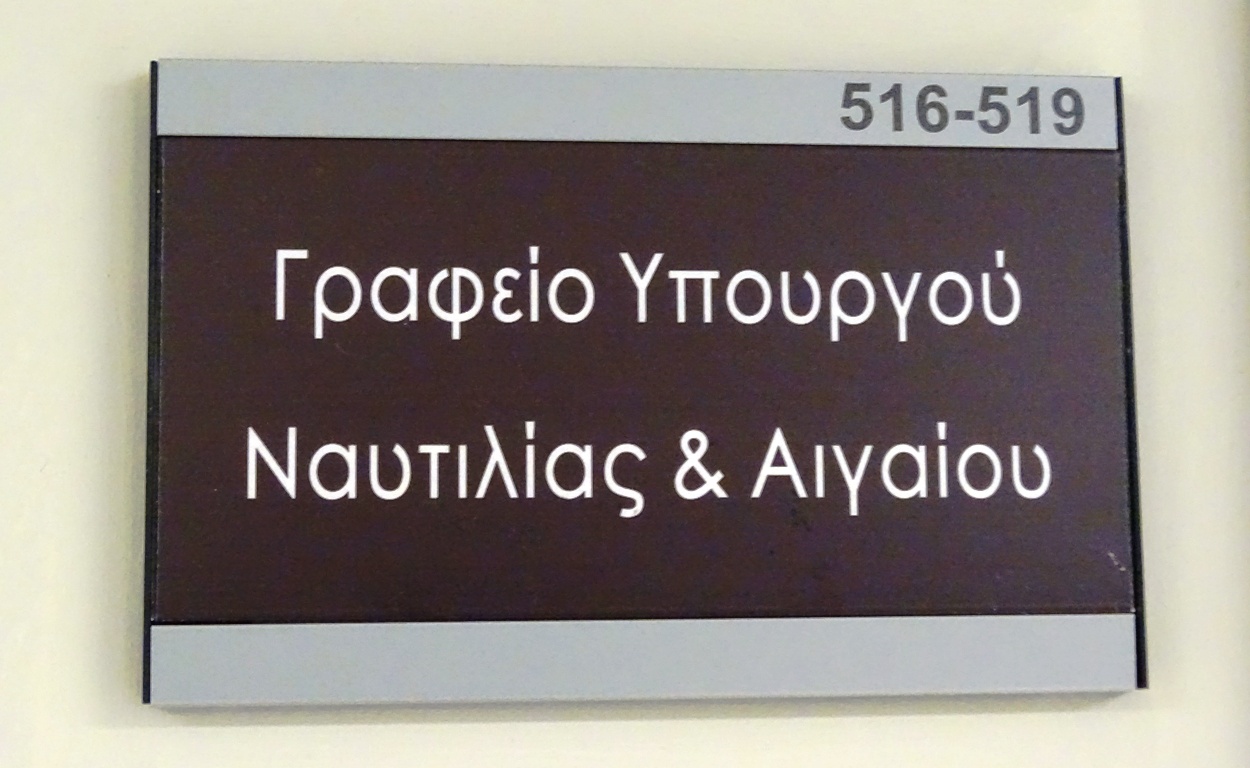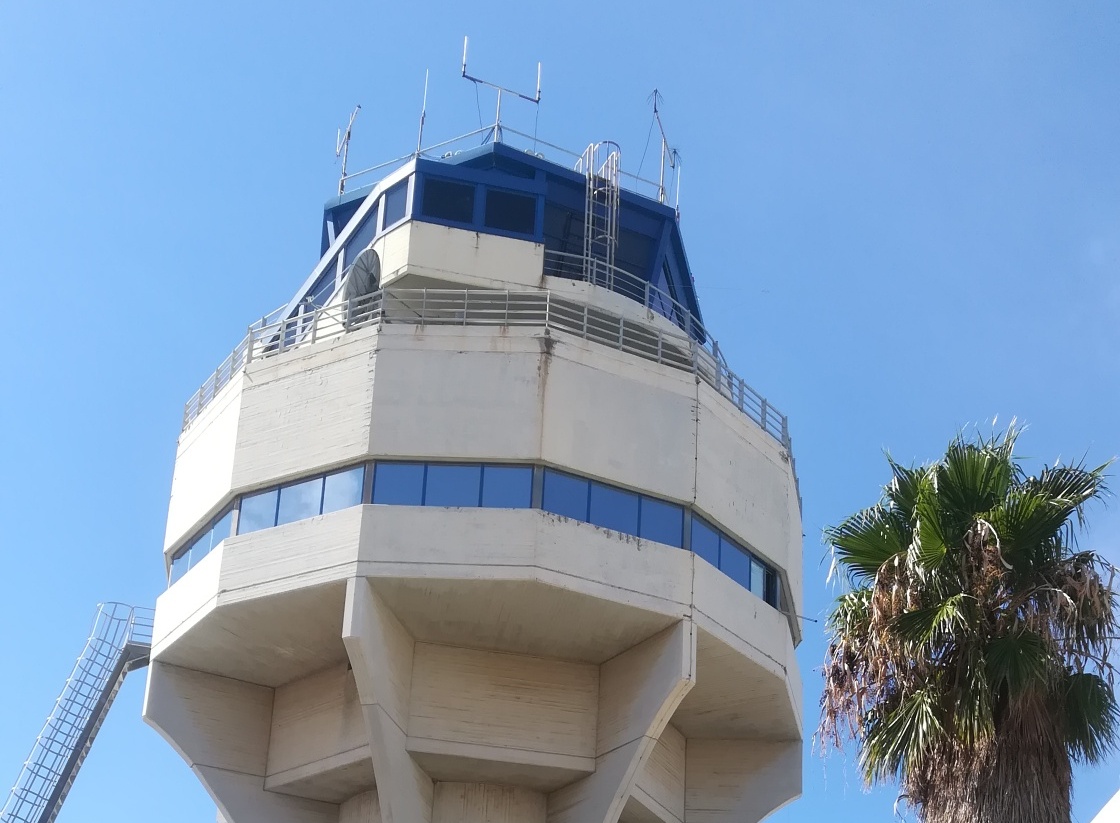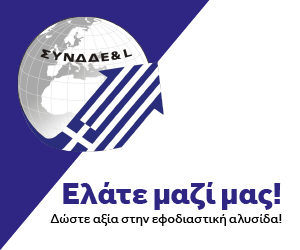October sees the return of ‘Frecciarosa’, the breast cancer prevention project promoted by the IncontraDonna Foundation with the FS Italiane Group and the patronage of the Ministry of Health. The initiative provides free examinations, consultations and ultrasound scans all month long aboard High Speed, Intercity and Regional trains and in the FrecciaLounge at Roma Termini and Milano Centrale.
One of the aims of the initiative is to promote a culture of prevention and to encourage early detection of breast cancer which, thanks in part to an increased focus on screening, has seen the mortality rate fall by almost 7% in the last six years.
All this, amongst other things, comes just a few days after the new European recommendations on the implementation of cancer screening and in view of 55,000 new cases per year, yet with an 88% survival rate five years after diagnosis. This significant data finds prevention and pharmacological innovation to be the determining factors.
The initiative was presented today at a press conference at the Villa Patrizi Auditorium at the Ferrovie dello Stato Italiane headquarters in Rome. Now in its twelfth year, the project also sees the collaboration of AIOM (the Italian Society of Medical Oncology) and Farmindustria, along with the patronage of Agenas and Sport&Salute. In October, the international month for breast cancer prevention, ‘Frecciarosa’ will bring oncology consultancy and visits with specialists around Italy, including the major islands, aboard High Speed, Intercity and Regional trains, in the FrecciaLounge at Roma Termini and Milano Centrale, and even online via the platform www.frecciarosa.it.
The testimonials for the 2022 edition are singer Tosca, dance teacher Carolyn Smith as an icon in the battle against cancer, and a delegation of the women’s national synchronised swimming team – the 2022 European Champions. Laura di Mauro will provide an additional testimony as a patient.
“Breast cancer is the most common cancer in the Italian population,” says Adriana Bonifacino, President of the IncontraDonna Foundation. “A few days ago, the European Union Commission on Health (Europe’s Beating Cancer Plan) made new recommendations that mammography screening should be provided throughout Europe for the 45–74 age group. The objective of the Europe Beating Cancer Plan does not stop at achieving 90% screening for breast cancer by 2025 but aims to reach the same percentages for colorectal and cervical screening, as well as extending screenings to other cancers such as prostate, lung and stomach. In line with the new directives, ‘Frecciarosa’ was the first project in Italy, starting up 12 years ago with the launch of the Health Vademecum containing recommendations for cancer prevention in various contexts, including lifestyles that remain an indispensable weapon against cancer. The Vademecum will be distributed on board the train at the same time as the offer of free examinations, consultations and ultrasounds or can be downloaded free of charge from www.incontradonna.it, on the platform www.frecciarosa.it and on the websites of the initiative’s partners. ‘Frecciarosa’ is an inclusive project that seeks to draw attention to the importance of prevention and of keeping fit and healthy, without overlooking the aspects of care and innovative treatments,” Prof. Bonifacino continues. “Bringing the first link in prevention to the community in their own areas is of paramount importance, in encouraging adherence to regional screenings as a model of public health, going to their trusted doctor and carer of reference, listening to the body and paying attention to any familiar propensity for certain diseases. The presence of specially-trained volunteers aboard the train is also intended to promote good practice, given that they are mostly cancer patients, former patients and caregivers.”
“After the restrictions imposed by the pandemic, prevention is back on the train this year with a series of on-board initiatives connecting the north and south of Italy. The chosen slogan is ‘Riaccendiamo la prevenzione’ (or, ‘Let’s turn prevention back on’) and we will do so with a programme that is even more widespread throughout Italy than the last edition,” says Massimo Bruno, Chief Corporate Affairs Officer for the Ferrovie dello Stato Italiane Group. We wanted to renew our support for the ‘Frecciarosa’ project which, year after year, has enabled thousands of people to receive information and medical check-ups focused on healthy lifestyles, enhancing the culture of prevention, given that protecting health and safeguarding well-being are part of our corporate culture and are the founding principles of FS’ social and industrial identity. Social sustainability is a core value of ours and with ‘Frecciarosa’, train travel can become an opportunity to dedicate precious time to one’s self.”
“As a Ministry, we are proud to support a project dedicated to a disease that is so widespread amongst women,” adds Giovanni Leonardi, Secretary General of the Ministry of Health. “The pandemic has unfortunately slowed down the prevention pathways in recent years, so we will have to work hard to make up for the missed screenings. We must educate on the culture of prevention, in all meeting places, including on trains and in stations.”
“Today, there are about 834,200 women in Italy who have been diagnosed with breast cancer,” confirms Saverio Cinieri, president of AIOM. “Even if the great therapeutic innovations of recent years allow us to cure or render chronic such neoplasms, we must not forget that early diagnosis is what allows us to intervene with the disease before it is too late. The earlier the neoplasm is detected, the better the chances of curing it.”
“Proper lifestyles play a fundamentally important role in people’s lives, right from childhood,” says Vito Cozzoli, President and CEO of Sport&Salute S.p.A. “Sport&Salute, a state-owned company, supports ‘Frecciarosa’ in promoting sporting activities at all levels, with projects dedicated to the entire community throughout Italy. Promoting sports means promoting physical well-being and consequently health – our primary asset.”
“Physical activity is one of the essentials for a healthy life. Together with a proper diet, being active is considered one of the most effective behaviours in preventing the onset of numerous diseases throughout life, including cancer,” says Patrizia Giallombardo, coach of the women’s national synchronised swimming team. “We are at the forefront of initiatives promoting physical well-being and movement in and out of the water. Any kind of physical activity is better than doing nothing at all and the benefits are all the greater the longer the habit of moving can be sustained. Sport is discipline, commitment, determination and passion, just like that of the scientists who research each day how to limit the mortality rate of these diseases. Science has made great strides and we need to nurture a culture of prevention, through both sport and screening, to combat premature diseases that are still frightening but can be stemmed.”
“As a patient, I recognise the great importance of screening,” reiterates Carolyn Smith, choreographer and spokesperson for the initiative, “which is why I am proud to represent ‘Frecciarosa’ during breast cancer month. Sessions on sports, new this year, emphasise the importance of movement for primary prevention – a theme I completely endorse. Let’s move, let’s run, let’s dance – but above all, let’s have the check-ups!”
“Today in the world,” emphasises Marco Zibellini, head of the Technical-Scientific Directorate of Farmindustria, “hundreds of drugs are being developed for diseases that exclusively or predominantly affect women, with a commitment to research – indeed, in Italy, a total of 1.7 billion euro is spent each year, of which 700 million euro goes to clinical trials – that continues to expand in terms of gender.
Our companies are at the forefront in spreading the culture of prevention, starting with their own employees. Our companies lead the way in women’s employment, which reaches 43% of employees (compared to the industry average of 29%) and rises to 51% in R&D. Women often hold positions of responsibility – comprising 43% of Managers and Executives (and 55% amongst those under 35). In the pharmaceutical industry, gender equality has been a reality for years.”
(FSI)




